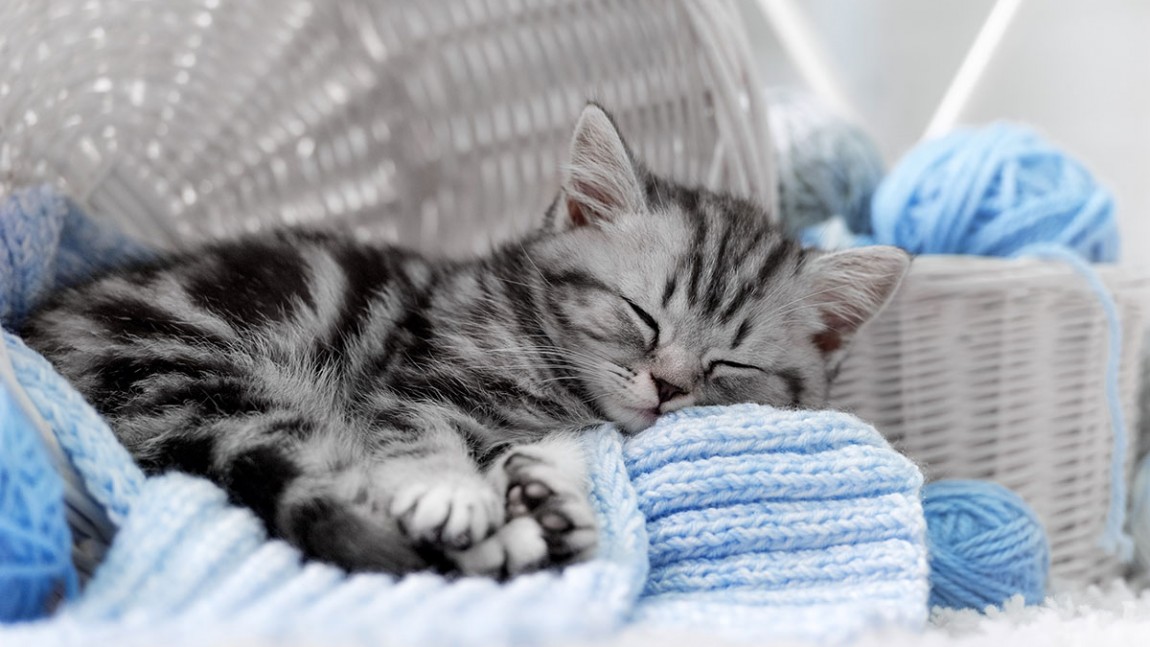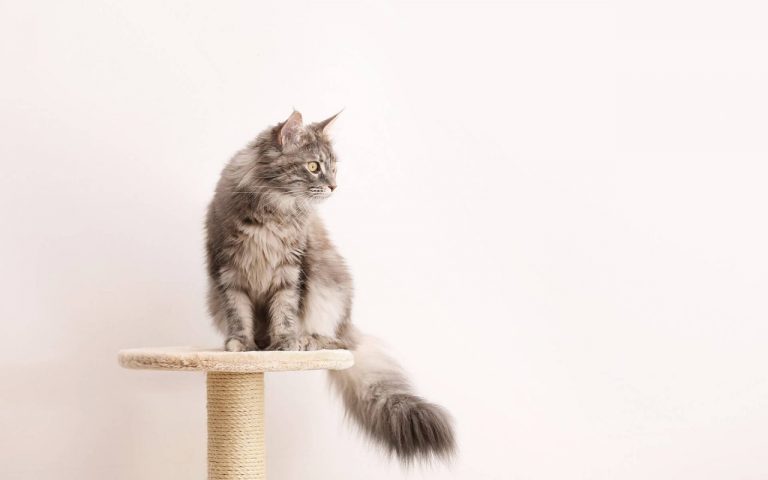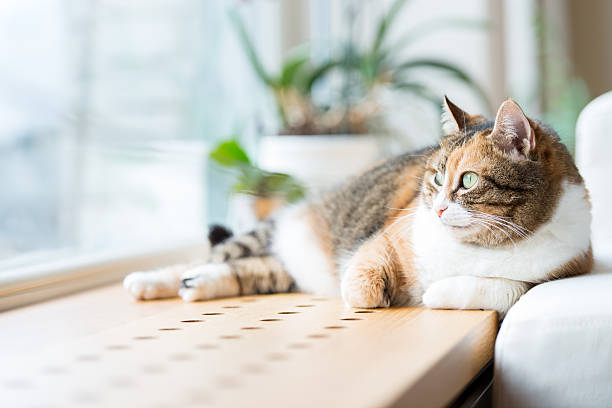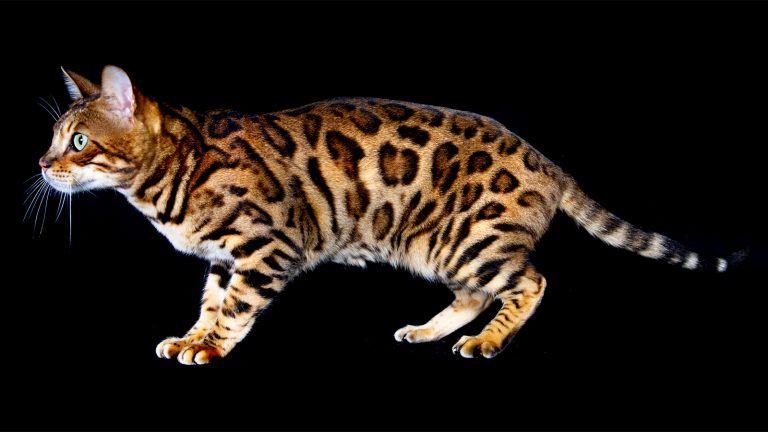Simple Feeding Tips for Kittens | A Step by Step Kitten Feeding Guide
Simple Feeding Tips for Kittens | A Step by Step Kitten Feeding Guide
Taking care of a new cat kitten requires adequate understanding and knowledge. Often, newborn animals are dealt with differently than their adult counterparts. Newborn pets require special attention and exclusive feeding necessities. And the owners only must recognize the right petting hints to ensure that their pets will thrive and grow healthy.
What to feed a kitten at 2 weeks old
Newborn cats have distinct dietary necessities than that of the grown-up cats. Kittens grow unexpectedly fast and require 25% more nutrition than adult cats until they reach six months of age. A kitten’s body weight may additionally double or triple in the course of the first weeks of its life. Due to its fast growth rate, energy-giving food and food containing a high amount of vitamins in balanced quantities are recommended.
You do not have to feed your kitten anything apart from their mother’s milk for the first four weeks from birth. The mother’s milk contains complete nutrition that is best for its new kitten’s dietary requirements. Things can turn to be more difficult if the mother cat isn’t always around or is sick. If this happens, you could feed your pets with a manufactured milk replacer. You can consult a veterinarian to get a better understanding and facts about the product and feeding instructions.
When to stop bottle feeding kittens
At three weeks of life, you may begin to wean off your newborn cat from breastfeeding. You can do this by feeding them with moistened kitten food. You can once more use a commercial milk replacer to moisten their meals and regularly lessen its amount as the weeks pass by.
By the age of five to six weeks, your newborn cat should be capable of nibble on high fine cat meals that is appropriate for its age, although it is still feeding on its mother.
What to feed a kitten at 8 weeks old
At the 8th week from birth, only mom cats prevent nursing their newborns. By this time, your kittens should be able to get 80% to 90% of their vitamins from cat-formula food.
Cats are natural carnivores. They are born with this inherent quality, and kitten owners must remember that cats will not live without meat. A vegetarian food plan isn’t for cats. Cats are born without the enzyme that could convert vegetable proteins into the basic protein form that their bodies want. An adult cat requires 26% of protein and 9% of fats from its food. And knowing that a kitten needs a better amount of vitamins than an adult cat, feeding your kitten with meatless food will not help it grow healthy.
When to stop bottle feeding kittens
To be able to find the right kitten meals for your new child cat, make it a routine to examine the nutritional labels at the cat foods before purchasing them. The label includes the dietary contents of the food and the feeding guide and instruction. Commercial cat foods are generally fortified with amino acids like taurine that your pet desires in order to live healthily.
Read on the labels and know the vitamin levels required, not an excessive amount of on the elements. A kitten needs a selection of nutrients to stay healthy, including carbohydrates, nutrients & minerals, fiber, protein, and water. So make sure to only feed your kittens with cat-components meals with balanced vitamins designed for their age.
Feeding kittens at 6 months age
Lastly, it is vital to note that kittens can have several food alternatives once they attain the age of 6 months. Before this age, ensure to feed them with a nutritionally complete diet. It will help them get used to feeding on healthy balanced food and not jump into the “tuna addict” phenomenon. Such simple petting tricks will truly assist you in maintaining your pets more healthy as they reach their age of maturity.



